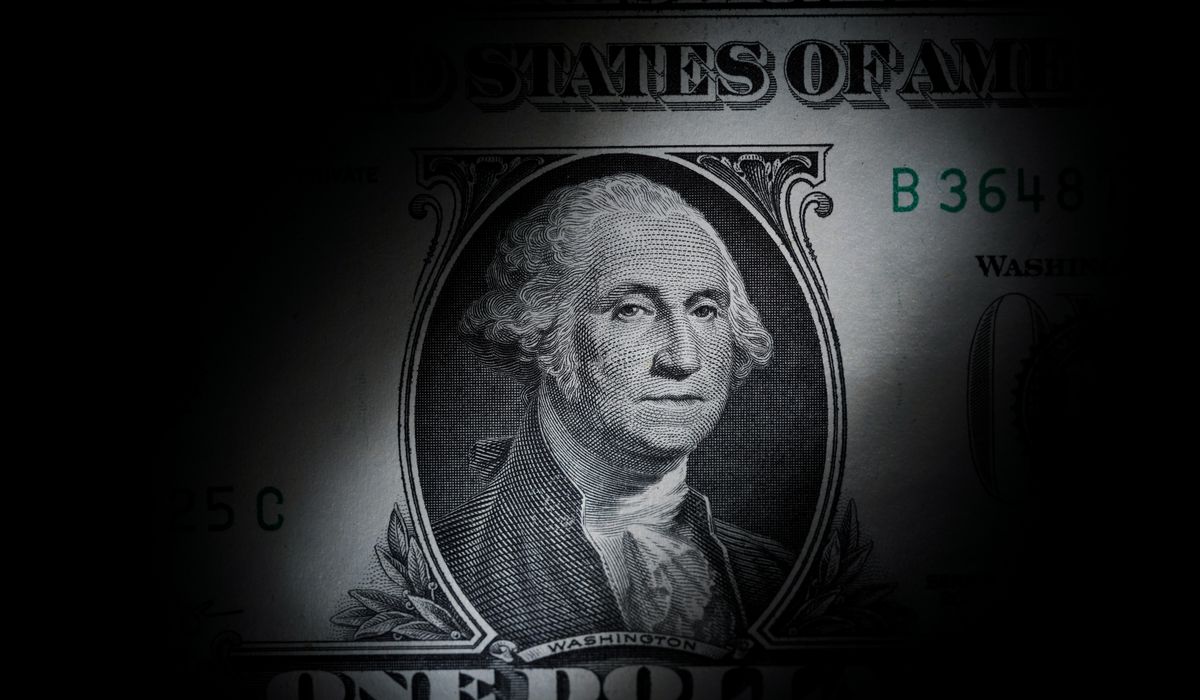


The federal government will tally a deficit of $1.8 trillion for the just-completed fiscal year, the Congressional Budget Office projected Wednesday.
That’s about $8 billion less than in fiscal year 2024, which was the last full year under President Biden.
Tax and fee revenue was up $308 billion, outpacing spending, which rose $301 billion, CBO said.
Some $80 billion of that new spending was interest payments on the debt, which topped $1 trillion for the first time in history.
Without that increase revenue would have significantly outpaced new spending.
And Mr. Trump’s tariffs also helped, adding $118 billion to the government’s revenue stream compared to 2024.
But the trend lines remain grim, according to Maya MacGuineas, president of the Committee for a Responsible Federal Budget.
“While the deficit didn’t rise from last year, it didn’t fall either, and we continue to borrow far too much,” she said. “We are on track to borrow nearly $2 trillion per year for the next decade. How can anyone think this is sustainable?”
The biggest area for new spending was Social Security, which rose by $121 billion. That was driven mostly by benefit increases from an inflation-fueled cost-of-living adjustment and general growth in the number of people collecting benefits.
But it was also inflated by a new law Congress passed and Mr. Biden signed last year to give a group of public sector employees with pensions access to Social Security retirement benefits as well.
Medicare spending rose $72 billion and Medicaid increased $52 billion, both largely due to rising costs for health care.
The Defense Department grew by $38 billion, or 5% — a slower rate than the major entitlement programs.
Homeland Security spending grew by 28%, with most of that in disaster response.
Spending at the Environmental Protection Agency surged 167% as the Biden administration rushed to shove $20 billion out the door before it could be blocked by the Trump administration.
On the revenue side, Mr. Trump’s tariffs led the way to a 153% increase in customs duties, which rose from $77 billion in 2024 to $195 billion in fiscal year 2025.
Individual income tax revenue rose 10%, while corporate income tax revenue slid 15%.
CBO issues estimates every month of the government’s finances.
The Treasury Department will deliver the official tally in the coming days.
• Stephen Dinan can be reached at sdinan@washingtontimes.com.
